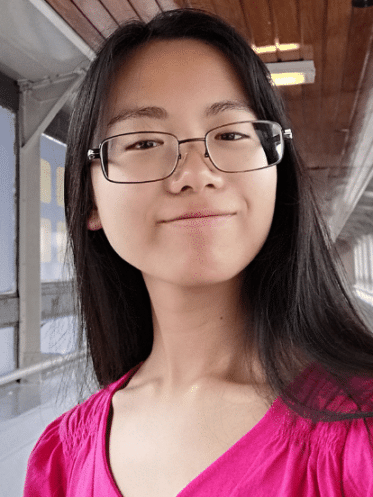Nicole is a final-year student studying Biochemistry at the University of Birmingham.
Nicole first discovered Caption.Ed through her Disabled Students’ Allowance (DSA) Needs Assessment at university. It was during the assessment that the assessor realised that Nicole was avoiding the video content which was being sent to her by her professors. Nicole found that poor audio quality, speakers with different accents, and variations in the pronunciation of scientific terms made it challenging for her to comprehend the content of the video, leading her to avoid this type of media altogether.
However, Nicole’s assessor presented her with a solution: Caption.Ed. Caption.Ed generates highly accurate captions and transcripts for both live and pre-recorded content, with an average accuracy rating of 97%.
Caption.Ed Making a Difference
Since using Caption.Ed, Nicole has found great value in using the software to assist her learning. Because Nicole studies a science-based degree, using captioning software that accurately picks up scientific terms is crucial.
Using the specialist-subject dictionaries within Caption.Ed, Nicole can change her Caption.Ed settings from British English to Health and Life Sciences so that it can more accurately detect and caption scientific terminology.
Nicole also loves Caption.Ed’s note-taking functionality. The ability to read captions and take notes simultaneously means she no longer falls behind during her lectures. Because she knows Caption.Ed captures audio and generates a transcript, Nicole can focus on note-taking without worrying about jotting everything down as everything will be saved to her Caption.Ed library.
We’re delighted Caption.Ed has helped Nicole access all her course material!

Caption.Ed saved the day because it meant that I no longer had to strain my ears trying to listen to what my lecturers were saying, allowing me to concentrate on taking notes. I don’t get lost in what's being said anymore.Nicole Cheong





